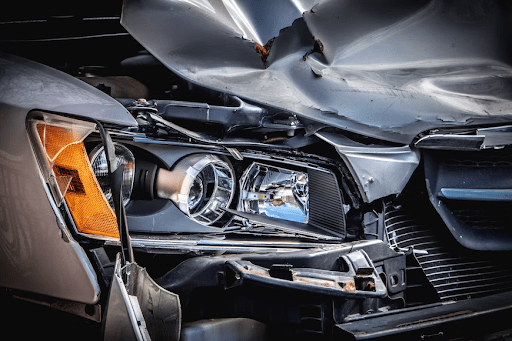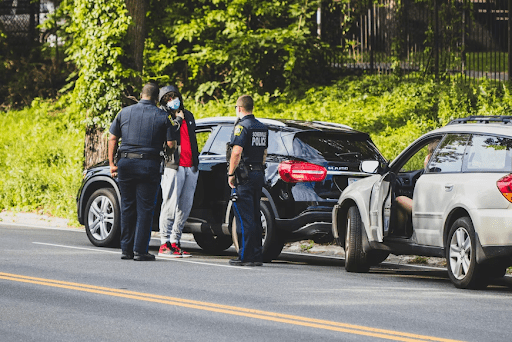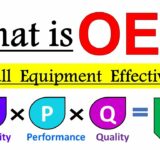What Should You Do If You End Up In A Car Accident?
Car accidents can happen to anyone, at any time. Whether it’s a minor fender-bender or a more serious collision, the aftermath of an accident can be overwhelming and confusing. Knowing what to do in the immediate aftermath is crucial for both your safety and your legal rights. So read on to explore steps you should take if you find yourself in a car accident, from assessing injuries to exchanging insurance information with other drivers involved. By following these tips, you’ll be better equipped to handle the situation and protect yourself from potential consequences down the road.
Protect Yourself Legally
If you are ever in a car accident, the first thing you should do is call the police and contact a legal professional. Once the police arrive, be sure to ask for a copy of the accident report. This report will contain important information that will be useful if you decide to file a personal injury claim. A car accident attorney will then be able to consult you on all the legal steps you should take. Then, you should seek medical attention, even if you don’t think you were seriously injured. Some injuries, such as whiplash, can take days or even weeks to manifest. By getting checked out by a doctor right away, you will have a record of your injuries should you need to use it later as evidence in your case.
Once you have seen a doctor and obtained a copy of the police report, you should reach out to an experienced personal injury attorney. An attorney can help you understand your legal rights and options and will fight to get you the compensation you deserve.
What Should You Do Immediately After a Car Accident?
There are a few things you should do immediately afterward to ensure your safety and the safety of those around you. First, check yourself and your passengers for injuries. If anyone is injured, call 911 right away. Next, move your vehicle out of the way of traffic if possible. If you can’t move your vehicle, turn on your hazard lights. Then, exchange insurance information with the other driver involved in the accident. Once you have all of this information, you can file a claim with your insurance company.
Establishing Who Is at Fault
There are a few things that you can do to help establish who is at fault if you end up in a car accident. First, try to stay calm and avoid getting defensive. Next, exchange insurance information with the other driver and take down their contact information. Take photos of the damage to both vehicles as well as any skid marks or debris on the road. If there were any witnesses to the accident, get their contact information as well. Call your insurance company and let them know what happened.
Understand Your Insurance Policy
After you have assessed the situation and made sure everyone is okay, the next step is to call your insurance company. They will be able to help you through the process and answer any questions you may have.
It is important that you understand your insurance policy at all times, even before you get into an accident. You should know what kind of coverage you have and what your deductible is. This way, you will know what to expect when it comes time to file a claim.
If you are at fault for the accident, your insurance rates will likely go up. However, if the other driver is at fault, their insurance company will likely be responsible for damages. Either way, it is important to understand your policy so that you know what to do after an accident.
Gather Evidence of the Accident
This includes taking photographs of the damage to both vehicles, as well as any injuries that may have been sustained. You should also exchange contact and insurance information with the other driver(s) involved. If there were any witnesses to the accident, get their names and contact information as well. This will all be helpful in case you need to file a claim with your insurance company or take legal action against the other driver(s).
File an Insurance Claim
This will help cover the cost of any damages or injuries sustained in the accident. To file an insurance claim, you’ll need to contact your insurance company and provide them with some basic information about the accident. They’ll then likely ask you for more information and may even send an adjuster to assess the damage.
Once your claim is filed, it’s important to follow up with your insurance company and keep them updated on any new developments in the case. If you have any questions about your claim, be sure to ask your agent for clarification.
Alternatives to Going Through Insurance
There are a few things you can do if you don’t want to or can’t go through your insurance after a car accident. You can pay for the damages out-of-pocket, file a small claim with your state’s motor vehicle agency, or use an automobile repair shop that offers direct payment options. If you have collision coverage, your insurer will likely require you to go through them for repairs so that you can get compensated. If you have comprehensive coverage, you may be able to file a claim directly with your insurer without going through your collision coverage. Check with your insurer to see what their policy is.
Some people choose to not go through their insurance because they don’t want their rates to go up. If this is something you’re worried about, ask your insurer what the surcharge would be for filing a claim before you decide whether or not to do so.
Being involved in a car accident can be traumatic and disorienting. But knowing the right steps to take when you find yourself in such an unfortunate situation can help ensure your safety, both physically and legally. Remember to stay calm, call 911 for assistance if necessary, get medical attention as soon as possible, exchange information with any other drivers involved, reach out to witnesses who may have seen what happened, document the scene of the accident if possible, and contact your insurance company immediately. Following these steps will help ensure that you are taken care of after a car crash.









